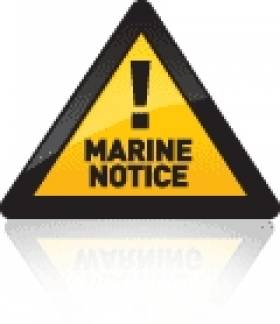Displaying items by tag: driving
Are you Towing your Boat with the Correct Driving Licence?
#towing – Laws about towing boats and trailers in Ireland has been considered a bit of a grey area by some sailors who hope for the best every time they hitch up but now the Road Safety Authority has announced that a person who held a full driving licence for a car before 13 November 1989 and who did not then avail of the car and trailer licence option may now do so.
A car licence allows you tow up to 750kgs but if you tow a bigger weight without the correct licence you could be driving uninsured.
To establish whether a driver is entitled to apply for the car and trailer licence the Road Safety Authority (RSA) must be satisfied that the driver held the car licence before 13 November 1989 and this initial assessment is being carried out by the RSA. You must have been born before 13 November 1972 and have held a full driving licence for a car before 13 November 1989 in order to apply.
A person who believes that s/he is now entitled to the car and trailer licence should now take the following steps-
Complete an Initial Assessment Form.
Once completed, you can return the form to the Road Safety Authority, Ballina, Co. Mayo.
The RSA will carry out its assessment and advise you of the outcome. If the initial assessment is positive you must then formally apply for the licence. Any person who wishes to be considered must complete the Initial Assessment Form here and return it to the RSA by Friday 8 November 2013.





























































